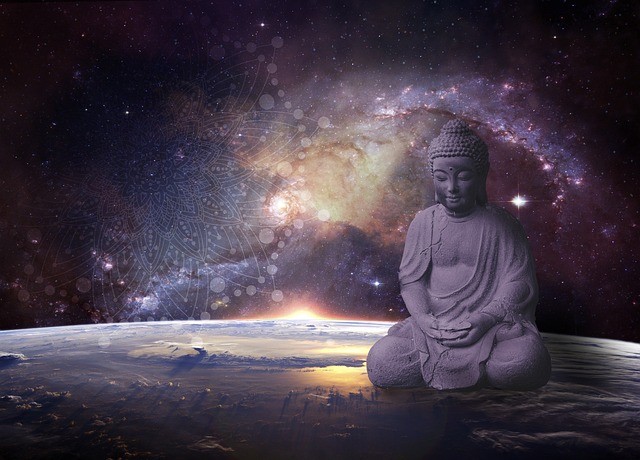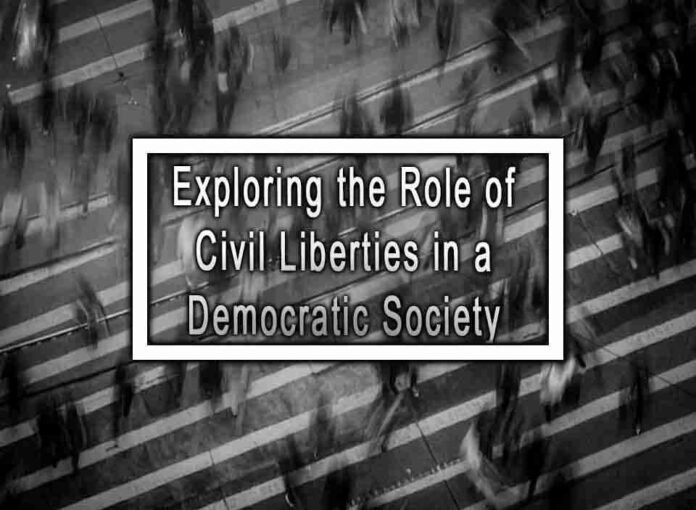Civil liberties play a fundamental role in a democratic society by safeguarding individual freedoms and protecting citizens from government encroachments on their rights. These liberties are essential for maintaining a just, equitable, and free society. Here are some key aspects of the role of civil liberties in a democratic society:
1. Protecting Individual Rights:
Civil liberties guarantee certain rights and freedoms to individuals, such as freedom of speech, freedom of religion, freedom of the press, and the right to privacy. These rights empower individuals to express themselves, practice their beliefs, and participate in civic life without fear of government repression.

2. Ensuring Government Accountability:
Civil liberties act as a check on government power. They limit the government’s ability to infringe on citizens’ rights and ensure that government actions are transparent and subject to public scrutiny.
3. Promoting Rule of Law:
Civil liberties are enshrined in constitutions and legal frameworks, making them binding on all branches of government. This ensures that laws and policies are applied consistently and fairly, regardless of an individual’s status or beliefs.
4. Fostering Free and Informed Debate:
Freedom of speech and freedom of the press encourage open and robust public discourse. In a democratic society, citizens can express their views, engage in debate, and access diverse sources of information to make informed decisions.
5. Encouraging Civic Participation:
When citizens are confident that their rights will be protected, they are more likely to engage in civic life, participate in elections, and actively contribute to the democratic process.
6. Advancing Social Progress:
Civil liberties have historically been at the forefront of social progress and justice movements. They enable marginalized groups to advocate for their rights and challenge discriminatory practices.
7. Balancing Individual Rights and Collective Interests:
Civil liberties can sometimes be in tension with the needs of the collective. In a democratic society, there is an ongoing debate and negotiation about where to draw the line between individual rights and the collective interest, with an emphasis on striking a fair balance.
8. Protecting Minority Rights:
In a diverse society, civil liberties are particularly important in safeguarding the rights of minority groups. They prevent the majority from imposing its will on minorities and ensure that all individuals are treated with dignity and respect.
9. Upholding Human Dignity:
Civil liberties are rooted in the belief in the inherent dignity and worth of every individual. They protect people from arbitrary detention, torture, and other forms of abuse, affirming the sanctity of human life and liberty.
In conclusion, civil liberties are indispensable to the functioning of a democratic society. They provide the foundation for individual freedom, government accountability, and social progress. Preserving and defending civil liberties is an ongoing responsibility for citizens, governments, and institutions to ensure that democratic principles are upheld and cherished.










